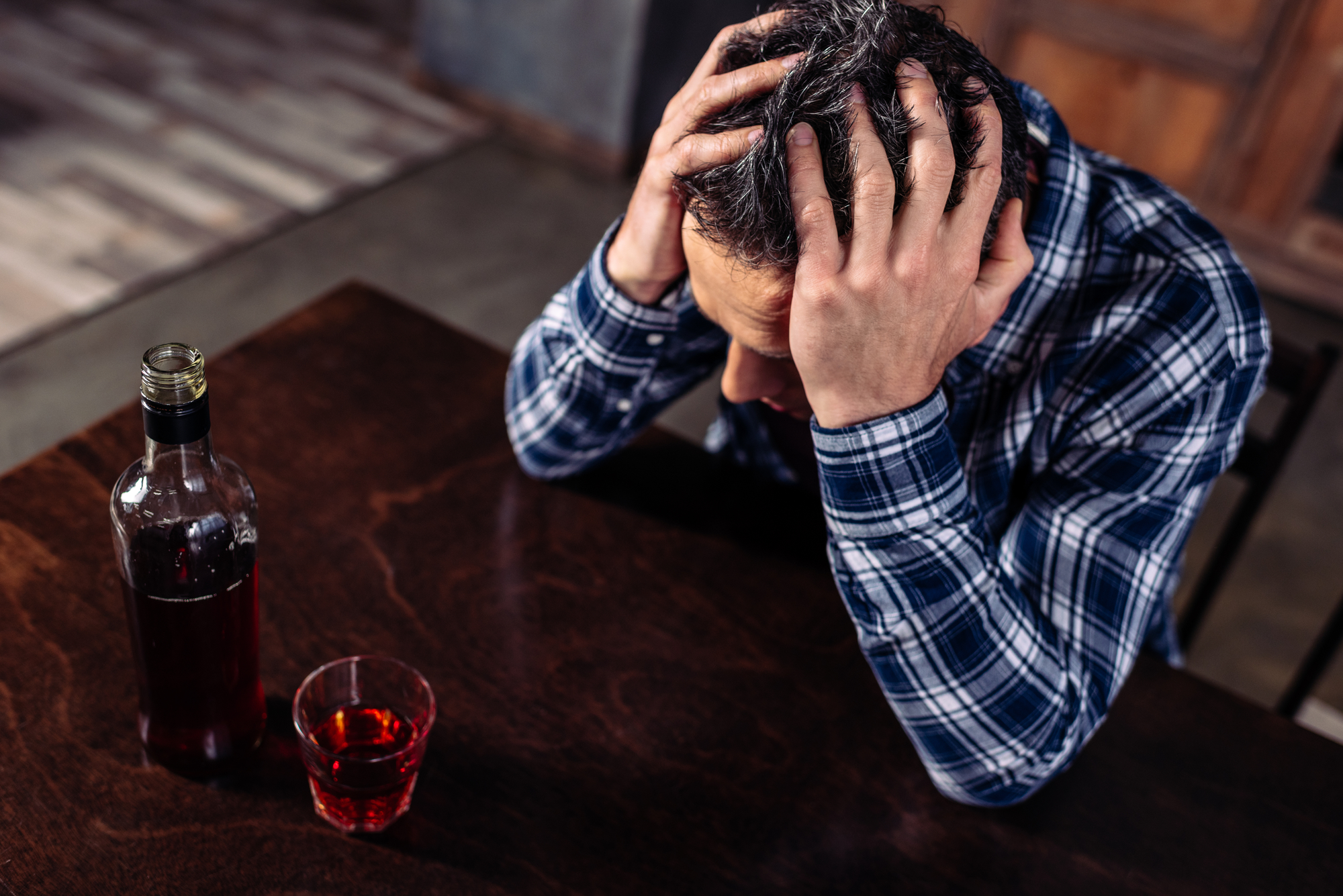
Is there a difference between an emotional drinker and an alcoholic? Both are very similar, but one tends to lead into the other. Here’s what you need to know.
“I Need a Drink”
There are few people who haven’t uttered this phrase after a difficult situation. Many people emotionally drink. When they’re upset, they drink. You’re an emotional drinker if you’ve ever had a drink: after a break up, after getting fired, after having a hard day in college, or after a fight with your parents.
So, most people have occasionally been an emotional drinker, just like people can occasionally be emotional eaters. But why do people drink emotionally? People drink emotionally as a coping mechanism, to deal with their problems.
When this is a one-off incident, it can be perceived as normal. But the danger is that this can progress.
When Does Emotional Drinking Become Alcoholism?
When people start turning towards drinking as their major coping mechanism, it becomes alcoholism. When people start turning towards drinking rather than solving their issues, or drink enough to impact their health, it becomes alcoholism.
An incident of emotional drinking won’t necessarily turn into full-blown alcoholism. Likewise, not all alcoholics are emotional drinkers. However, emotional drinking does have a very clear and present danger of turning into alcoholism.
How Can You Control Your Emotional Drinking?
If you tend to be an emotional drinker, it’s important to get the situation under control before it becomes more serious. Find other coping mechanisms, such as exercise. Speak with a therapist about your concerns or start keeping a journal of your emotions and the impact that your drinking has on you.
If you’re an alcoholic who believes that your drinking may have a component of emotional alcoholism, it’s time to meet with your therapist and learn additional coping skills. Your therapist will work with you to find you different tools that you can use and help connect you with your emotions better.
Are you ready to get started? Visit My 12 Step Store for more information about alcoholics, sobriety, and recovery.
